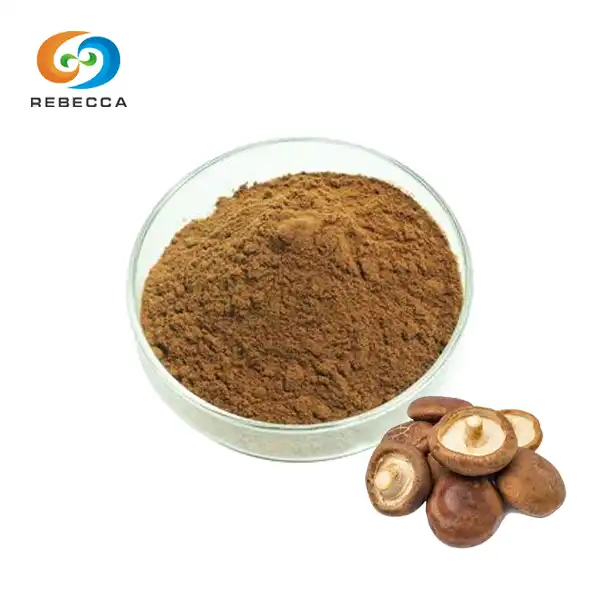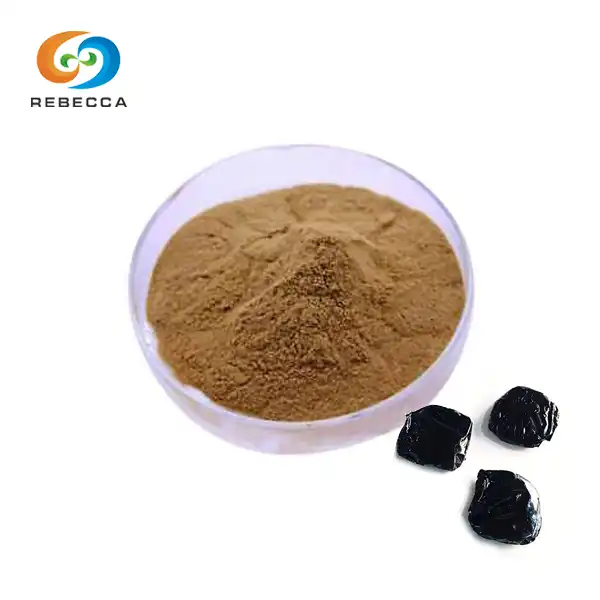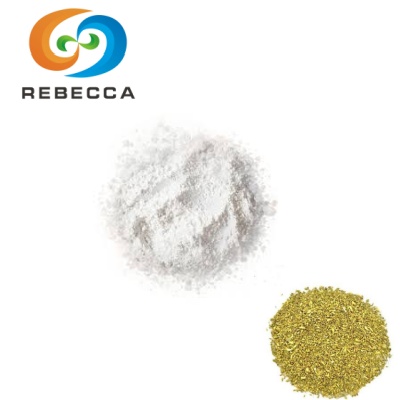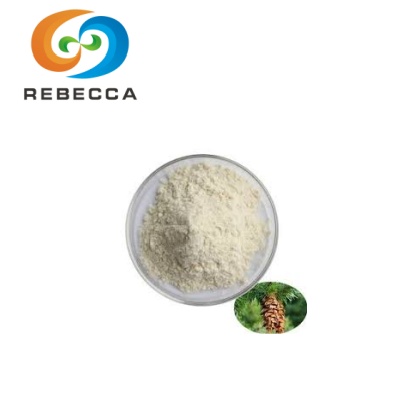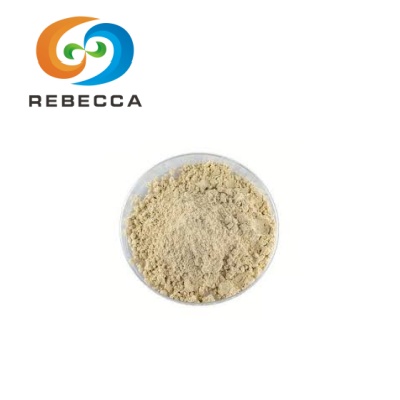Why take vitamin b12?
Vitamin B12 : Water-Soluble Vitamin
Vitamin B12, otherwise called cobalamin, is a pivotal supplement that assumes a fundamental part in keeping up with our general wellbeing and prosperity. It is a vitamin that travels through the bloodstream and dissolves in water, supporting various bodily functions. B12, unlike fat-soluble vitamins, is not stored in large quantities in the body. Because of this, regular consumption is required to avoid deficiency.
Its involvement in the formation of red blood cells is one of its primary functions. These phones are liable for conveying oxygen all through our body, guaranteeing that all tissues and organs get the oxygen they need to appropriately work. Megaloblastic anemia, a type of anemia, occurs when our bodies produce abnormally large red blood cells that are unable to leave the bone marrow.
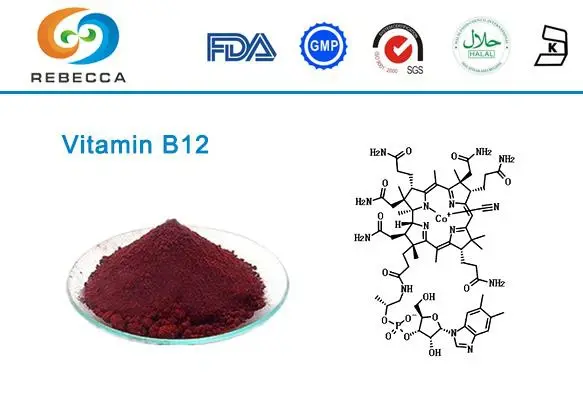
Vitamin B12 plays a crucial role in keeping our nervous system healthy, which is another important function. Myelin, a protective coating that covers our nerve fibers, is made with its assistance. The proper transmission of nerve signals, which control everything from our muscle movements to our cognitive functions, is dependent on this insulation. Brain symptoms like tingling in the hands and feet, trouble walking, and even memory issues can result from a B12 deficiency.
DNA synthesis, which is necessary for the growth and reproduction of all of our body's cells, is also aided by vitamin B12. Because of this, it is especially crucial during times of rapid growth, like pregnancy and infancy. Satisfactory B12 levels are fundamental for the appropriate fetal turn of events and can assist with forestalling birth deserts.
Additionally, the production of energy is influenced by B12. It assists to convert the food we with eating into glucose, which gives energy to our body. Because of this, people who are deficient in B12 frequently experience weakness and fatigue. Additionally, the vitamin aids in the metabolism of amino acids and fatty acids, enhancing cellular health as a whole.
Who needs to supplement vitamin B12?
While many people can get enough vitamin B12 from a well-balanced diet, certain groups are more likely to be deficient and may need to take supplements. For optimal health, it is essential to identify individuals who may require additional B12.
Veggie lovers and vegetarians are among the most widely recognized bunches that might require B12 supplements. This is due to the fact that animal products like meat, fish, eggs, and dairy are the primary sources of B12. Despite their abundance of other nutrients, plant-based diets typically lack natural sources of B12. As a result, vegetarians and vegans should be especially cautious about their B12 intake and may need to supplement or eat fortified foods to meet their requirements.
B12 supplementation may also be beneficial to older adults. Vitamin B12 absorption from food becomes less effective as we get older. This is partly because the production of stomach acid, which is necessary for the absorption of B12, has decreased. Additionally, B12 absorption may be hindered by some commonly prescribed medications for the elderly. In this age group, supplementation and regular checkups can help prevent deficiencies.

B12 supplements may also be required by those with certain medical conditions. Those with vindictive paleness, a condition where the body can't deliver the natural variable vital for B12 retention, will require long-lasting B12 supplementation. Individuals with other gastrointestinal issues like Crohn's infection, celiac sickness, or people who have gone through weight reduction medical procedures may likewise experience issues engrossing B12 from food and could require supplements.
B12 is needed more by pregnant and breastfeeding women to help the fetus grow and develop. While a decent eating routine can frequently address these issues, some medical care suppliers might suggest B12 supplements, particularly for veggie lover or vegetarian moms.
Last but not least, people who take certain medications, like metformin for diabetes or proton pump inhibitors for acid reflux for a long time, may be at risk for B12 deficiency. These prescriptions can impede B12 retention, making supplementation fundamental at times.
How to determine whether you are deficient in vitamin B12?
It can be hard to tell if you have a vitamin B12 deficiency because the symptoms often show up slowly and are easy to mistake for other conditions. However, for prompt treatment and prevention of long-term health issues, it is essential to recognize the symptoms and seek a proper diagnosis.
Fatigue or weakness are two of the most common symptoms of B12 deficiency. This is because the formation of red blood cells requires B12, and your body can't get the oxygen it needs if there aren't enough healthy red blood cells. You could discover yourself feeling surprisingly drained, even in the wake of getting sufficient rest, or encountering a general absence of energy over the course of the day.
Neurological side effects are one more key sign of potential B12 inadequacy. Changes in mobility, difficulty maintaining balance, and tingling or numbness in the hands and feet are all examples of these symptoms. Memory loss, confusion, and difficulty thinking clearly may occur in more severe cases. B12 is necessary for maintaining the health of your nervous system, which is why you experience these symptoms.

Mind-set changes can likewise be an indication of B12 lack. Depression, irritability, or even anxiety can affect some people. Even though these symptoms can be caused by a variety of things, a B12 deficiency should be looked into, especially if they come along with other symptoms.
A B12 deficiency can also be indicated by physical changes on occasion. These could incorporate a sore, red tongue (glossitis), mouth ulcers, or yellowing of the skin. Anemia, which can be caused by long-term B12 deficiency, can also cause dizziness, shortness of breath, or heart palpitations in some people.
It's critical to see a doctor if you're experiencing any of these symptoms, especially if you belong to one of the high-risk groups mentioned earlier. They can arrange a blood test to check your B12 levels. The amount of B12 in your blood and other indicators of a deficiency, such as homocysteine and methylmalonic acid levels, are typically measured by this test.
It is important to note that B12 blood tests are not always conclusive. Certain individuals might have ordinary B12 levels in their blood yet be lacking at the cell level. When making a diagnosis, doctors often take into account both the results of blood tests and the symptoms.
Vitamin B12 Powder For Sale
Rebecca Bio-Tech produces cyanocobalamin (vitamin B12) with a base virtue of close to 100%. They are a significant player in the global vitamin B12 market due to their annual production capacity of more than 1000 kilograms. Fortified foods, pharmaceutical products, and dietary supplements can all benefit from this high-purity B12 powder.
When it comes to supplement and fortified food dosages, the high purity of their product is crucial. Additionally, it keeps impurities to a minimum, which is essential for maintaining product efficacy and safety. Rebecca Bio-Tech has robust manufacturing processes in place to meet the growing global demand for vitamin B12. The company's capacity to produce such large quantities annually
For businesses or individuals interested in sourcing vitamin b12 powder, Rebecca Bio-Tech offers direct contact for further information and potential purchases. They can be reached at information@sxrebecca.com for inquiries about their products, pricing, or any other details.

References
1. National Institutes of Health. (2021). Vitamin B12 Fact Sheet for Health Professionals. Office of Dietary Supplements.
2. Hunt, A., Harrington, D., & Robinson, S. (2014). Vitamin B12 deficiency. BMJ, 349, g5226.
3. Green, R., Allen, L. H., Bjørke-Monsen, A. L., Brito, A., Guéant, J. L., Miller, J. W., ... & Yajnik, C. (2017). Vitamin B12 deficiency. Nature Reviews Disease Primers, 3(1), 1-20.
4. Langan, R. C., & Goodbred, A. J. (2017). Vitamin B12 Deficiency: Recognition and Management. American Family Physician, 96(6), 384-389.
5. O'Leary, F., & Samman, S. (2010). Vitamin B12 in health and disease. Nutrients, 2(3), 299-316.
6. Rizzo, G., Laganà, A. S., Rapisarda, A. M., La Ferrera, G. M., Buscema, M., Rossetti, P., ... & Vitale, S. G. (2016). Vitamin B12 among Vegetarians: Status, Assessment and Supplementation. Nutrients, 8(12), 767.


